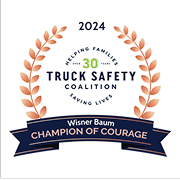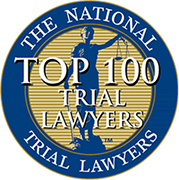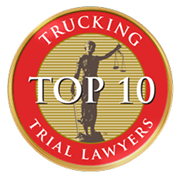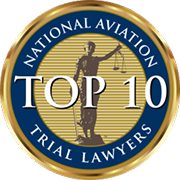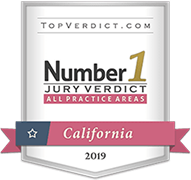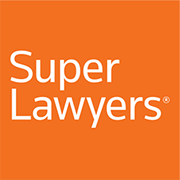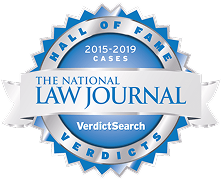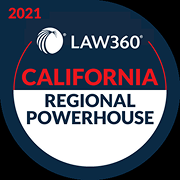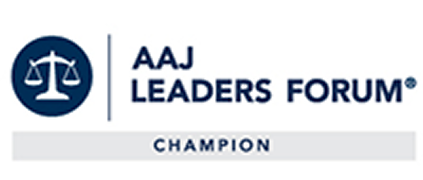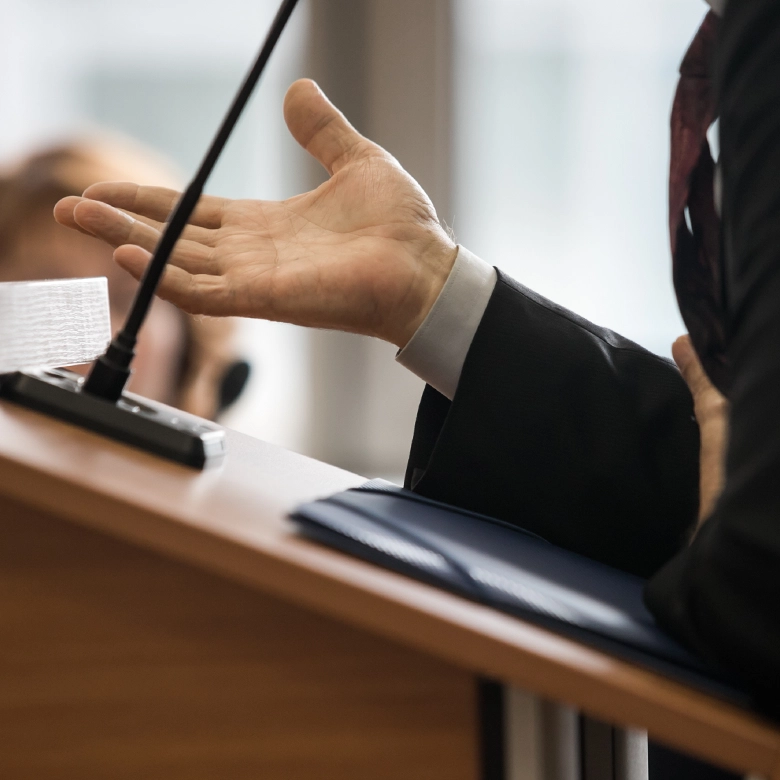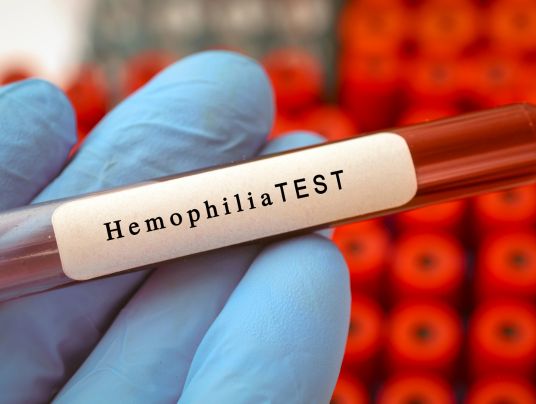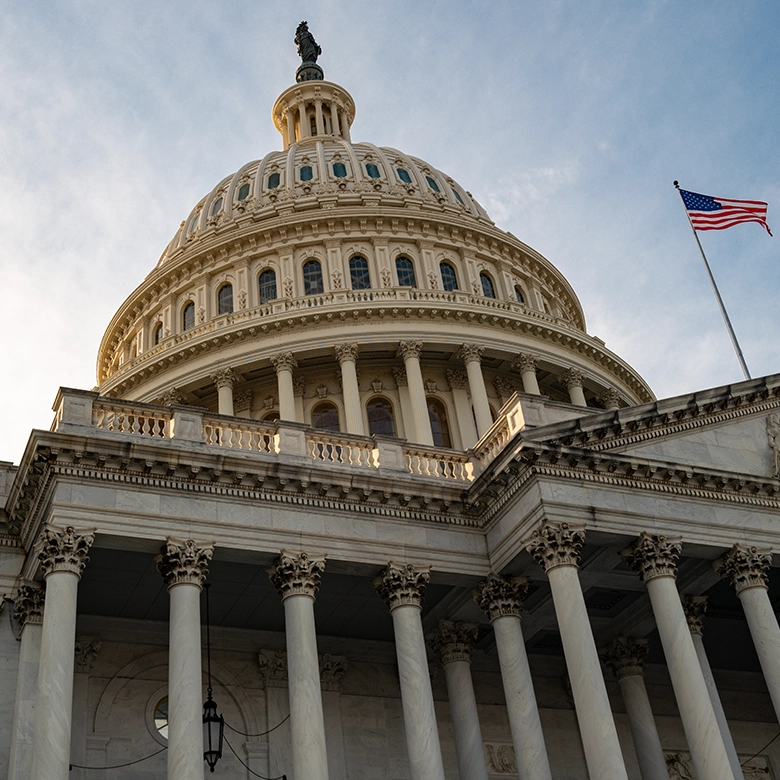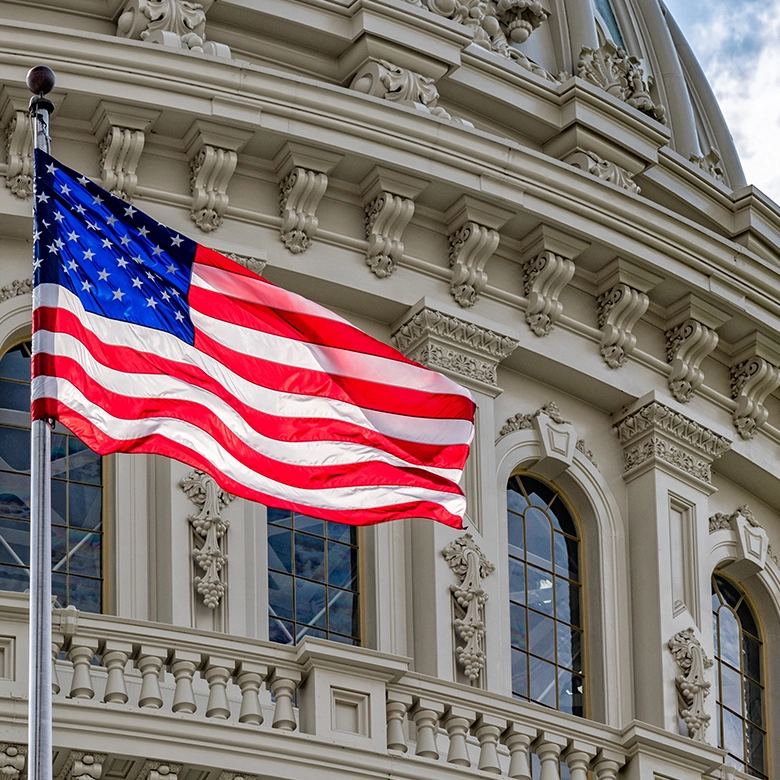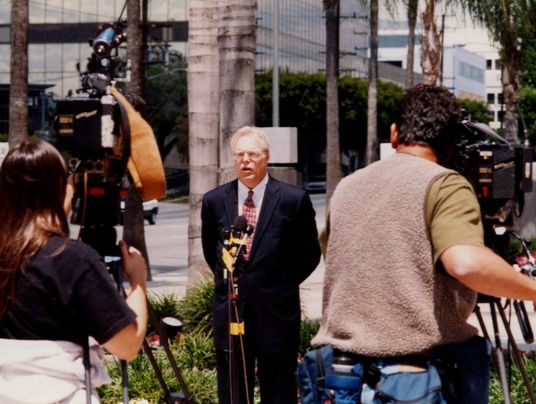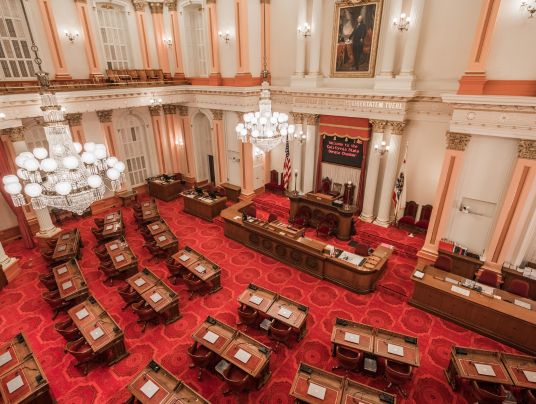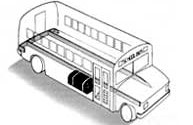Free Consultation
(310) 207-3233
No Fees Unless We Win
(310) 207-3233Menu
- Home
- About Us
- Attorneys
- Practice Areas
- Antipsychotics
- Atrazine
- Class Actions
- Mass Torts
- Prescription Drugs
- Roundup (Glyphosate)
- California Glyphosate Warning
- Hardeman Trial (2019)
- IARC Glyphosate Monograph
- Johnson Trial (2018)
- Monsanto Depositions and Court Docs
- Monsanto Papers
- Monsanto Roundup Videos
- Pilliod Trial (2019)
- Roundup Cancer Non-Hodgkin Lymphoma
- Roundup Cancer Study
- Roundup Class Action Lawsuit
- Roundup Settlement
- Roundup Trial Schedule
- Sintomas Del Linfoma No Hodgkin Esp
- What Is Glyphosate Herbicide
- Where Is Glyphosate Banned?
- Toxic Baby Food
- Wildfires
- Explore
- Careers
- My Case Login
- Contact Us

